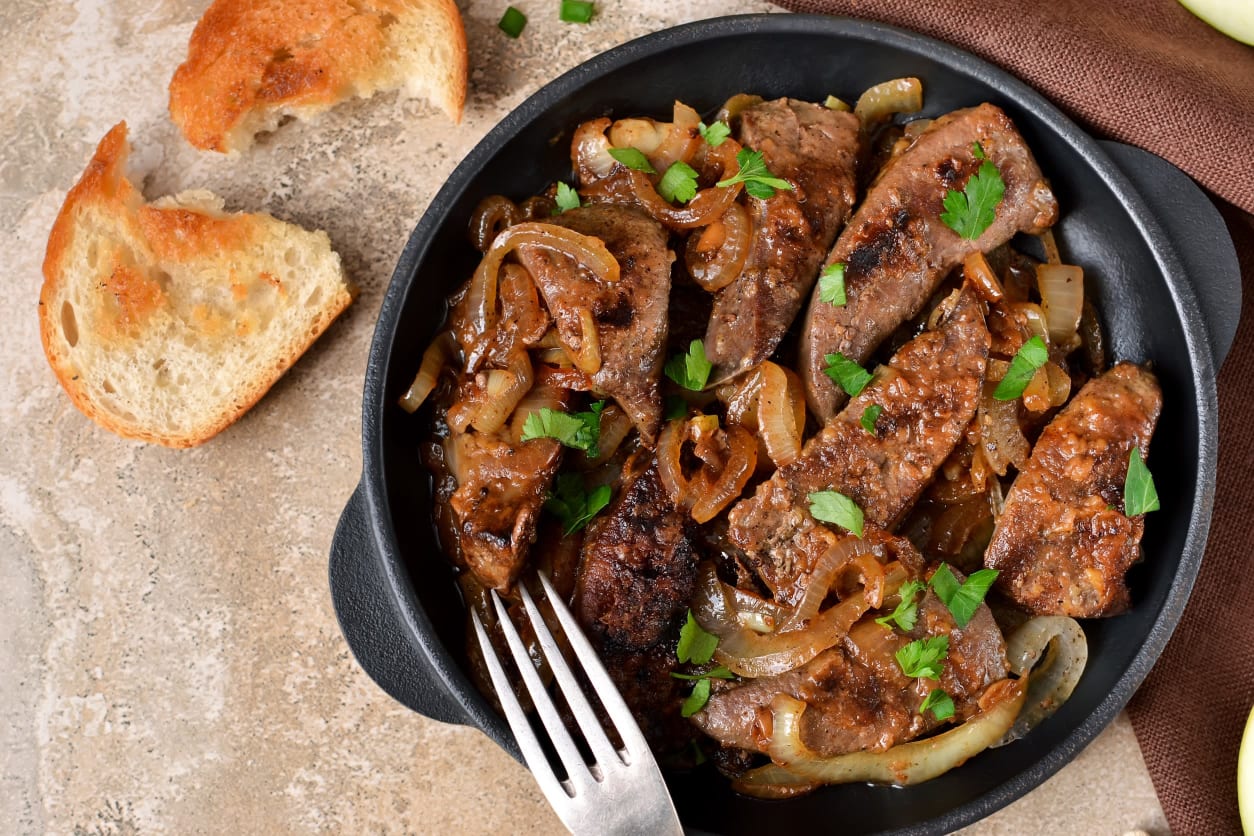For comforting, hearty recipe ideas we turned to Germany for inspiration, speaking to one of the country’s most famous chefs, Alfons Schuhbeck.
From Traunstein in Upper Bavaria, Alfons Schuhbeck studied in Bavaria before training in Salzburg, Geneva, Paris, London and Munich.
His restaurant Kurhausstüberl, in Waging am See, Bavaria, was awarded a Michelin star in 1983, and he has a recipe book called The German Cookbook.
1. What inspired you to write a cookbook dedicated to German food?
“In the past, German food used to be quite heavy, its main purpose was to fill you up. My generation of chefs has changed that: German cooking today is lighter, full of imagination and flavour.”
2. What would be your signature dish?
“Braised farmer’s duck with red cabbage (including 18 different herbs and spices). Spicy Kaiserschmarrn (sugared and sliced pancake, traditional for Bavaria).
“Also, being the consultant chef of Munich’s famous soccer team Bayern München, I created a dish called ‘FC Bayern München-Fitness-Salad’ with seafood.”
3. What can we learn from German cuisine?
“Contemporary German cuisine combines a hearty meal with delicate flavours.”
4. What was your favourite traditional food growing up?
“Fruit and tomatoes out of our own garden, homemade dumplings with fresh mushrooms, my mother’s Sunday roast.”

Berlin-style liver with apple and onion
5. What role does good nutrition play in German cooking?
“German chefs do their very best to marry great flavours and good nutrition. However, the average German consumer would pay 18 euro for engine oil without a second thought but is not ready to spend more than 1.80 euro on salad oil.”
6. What ingredients do you always have at home?
“I just love ginger with its many health benefits. And I always stock a good ham and some wholegrain bread.”
7. What would be your go-to easy supper?
“One of my tasty ‘müsli’ — I have 28 in my product portfolio.”
8. What’s the secret to cooking Berlin-style liver perfectly?
“This dish is very popular all over Germany. The most important thing is not to pan-fry it at too high temperature.
“Coat the liver with flour and fry it until you notice some liquid on the surface. Then turn it round, continue frying until liquid appears again.
“Take the liver out of the pan and let sit in the sauce for a moment.”
Enjoyed this article?
Here’s why vegetable mash can make a great alternative to mashed potatoes
For articles and recipes subscribe to the Optimum Nutrition newsletter
Discover our courses in nutrition






